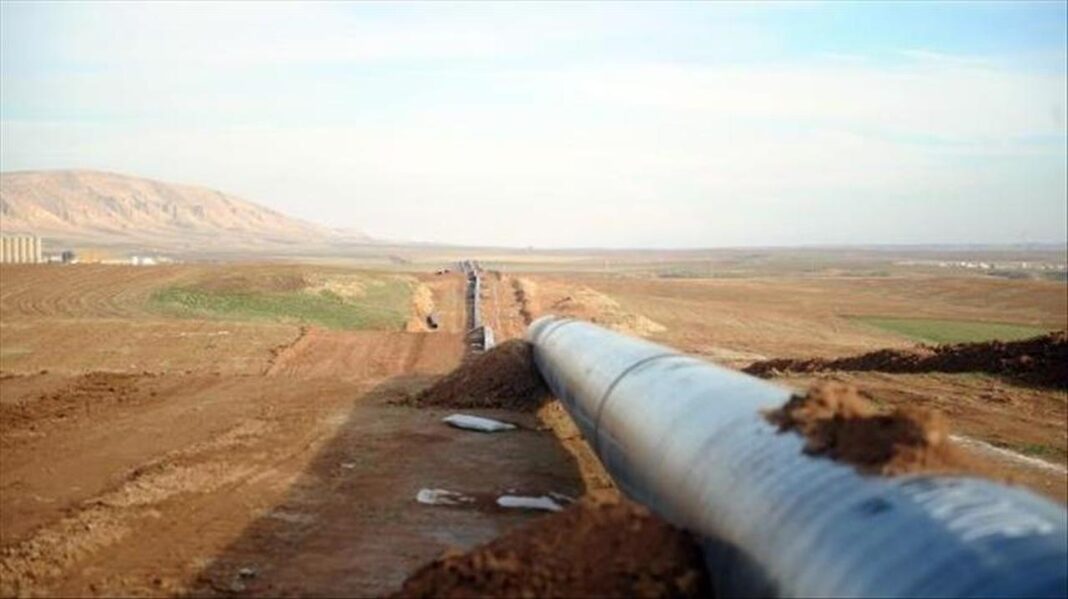Baghdad – The decades-old Iraq-Turkey oil pipeline agreement will officially expire in July 2026. On Monday, Turkey confirmed this decision through a presidential decree issued by President Recep Tayyip Erdogan.
Following the announcement, the Turkish government published the decree in its official gazette. According to the notice, the 1973 energy agreement and all its related protocols will be null and void by July 27, 2026.
As a result, this decision brings an end to a strategic deal that has shaped regional energy trade for over 50 years. The Iraq-Turkey oil pipeline, built under this agreement, has transported millions of barrels of Iraqi crude to Turkey’s Ceyhan port on the Mediterranean Sea.The 1973 agreement served not only as an economic link but also as a legal framework for future disputes. Over the years, it became central to energy disagreements between Iraq’s federal government and the Kurdistan Regional Government (KRG).
In 2014, tensions escalated. The KRG began exporting oil independently through the Iraq-Turkey oil pipeline. This move led Baghdad to launch legal action against Turkey. Iraq argued that these exports violated its constitution.
By March 2023, crude oil flows through the pipeline stopped completely. This followed a ruling by the International Chamber of Commerce in Paris. The court declared that Turkey breached the agreement by permitting unauthorized exports.
As a result, the ICC ordered Ankara to pay $1.5 billion in compensation to Iraq. These losses were linked to exports made between 2014 and 2018. The decision significantly impacted oil politics in the region.
Despite halted oil flows, diplomatic efforts to restart exports accelerated in 2025. In July, Iraq’s cabinet approved a new oil-sharing deal with the KRG. This step may lead to a broader energy cooperation framework.
As the 2026 deadline approaches, both Ankara and Baghdad will likely enter negotiations. A new energy pact is expected to replace the expiring treaty. Regional energy stability now depends on how both sides handle the transition.
The termination of the long-standing deal signals a major turning point in Middle East oil logistics. Stakeholders across the region are closely watching the next steps.



